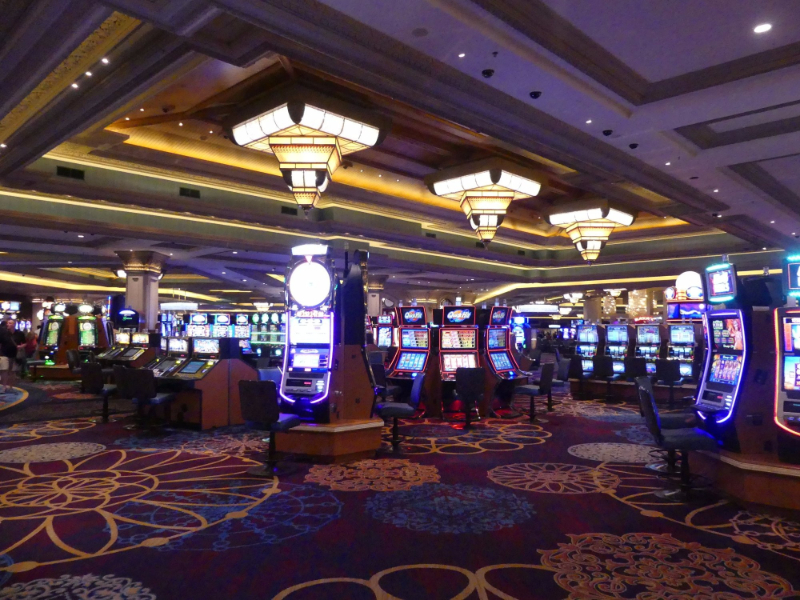
The rise of online and offline casinos has brought unprecedented opportunities for entertainment and profit, but it has also increased the risk of fraud and unlicensed operators. Players need assurance that the casinos they engage with are legitimate, licensed, and operate under regulatory compliance. Casino Verification (카지노검증) is a critical process that ensures both players and operators can participate safely and confidently in the gaming industry.
Understanding Casino Verification
Casino verification is a systematic approach to evaluating the legitimacy and operational integrity of casino platforms. It involves assessing licensing credentials, reviewing regulatory compliance, analyzing security measures, and confirming the fairness of games. The process protects players from fraudulent practices while helping legitimate operators maintain credibility. Verification acts as a safeguard, promoting trust and transparency in an industry where financial transactions and personal information are at stake.
Licensing and Regulatory Checks
A key aspect of casino verification is confirming that a casino holds a valid license from a recognized regulatory authority. Licensing ensures that the casino adheres to strict standards for fair play, responsible gambling, and secure financial operations. Verification experts review licenses to ensure they are authentic, current, and issued by reputable governing bodies. Additionally, regulatory checks examine the casino’s compliance with anti-money laundering policies, consumer protection laws, and other industry standards, guaranteeing a safe environment for players.
Technical Security and System Audits
Security is a cornerstone of casino verification. Verification processes include auditing the casino’s technical infrastructure, software, and security protocols. Random number generators (RNGs) are tested to ensure games produce fair and unbiased outcomes. Data protection measures, including encryption and secure payment gateways, are also examined to protect sensitive player information. Casinos that meet stringent technical standards provide a secure platform for gaming, reducing the risk of hacking, data breaches, or financial fraud.
Financial Transparency and Payment Verification
Casino verification also involves analyzing the financial processes of the platform. Legitimate casinos maintain clear policies for deposits, withdrawals, and payouts. Verification checks ensure that funds are handled securely and transactions are transparent. Payment verification protects players from scams, delayed withdrawals, or unauthorized charges, while reinforcing the reliability of operators who comply with proper financial management practices.
Game Fairness and Provider Assessment
Another important element of verification is evaluating the fairness of games. Trusted casinos partner with certified software providers whose games are regularly tested for accuracy and randomness. Verification experts assess these games to ensure they operate correctly and fairly. This evaluation extends to slots, table games, and live dealer platforms, ensuring that players experience a balanced and enjoyable gaming environment.
Ongoing Monitoring and Compliance
Verification is not a one-time procedure. Continuous monitoring ensures that casinos remain compliant with regulations and maintain high standards over time. Regular audits, performance reviews, and monitoring for suspicious activity help identify and prevent fraudulent practices. Casinos that are consistently verified build long-term trust with their players, reinforcing the credibility and safety of their platforms.
Benefits for Players and Operators
For players, casino verification provides peace of mind that they are engaging with licensed and trustworthy platforms. It guarantees fair play, secure financial transactions, and protection of personal information. For operators, verification demonstrates a commitment to integrity, regulatory compliance, and player safety, which can enhance reputation and attract more users.
Conclusion
Casino verification is an essential process for ensuring licensed and legitimate participation in the gaming industry. By assessing licensing, security systems, financial transparency, and game fairness, verification protects both players and operators. Ongoing monitoring and compliance checks reinforce trust and credibility, creating a safe and reliable gaming environment. As the casino industry continues to grow, verification remains a vital tool for safeguarding the integrity, fairness, and security of every gaming platform.




